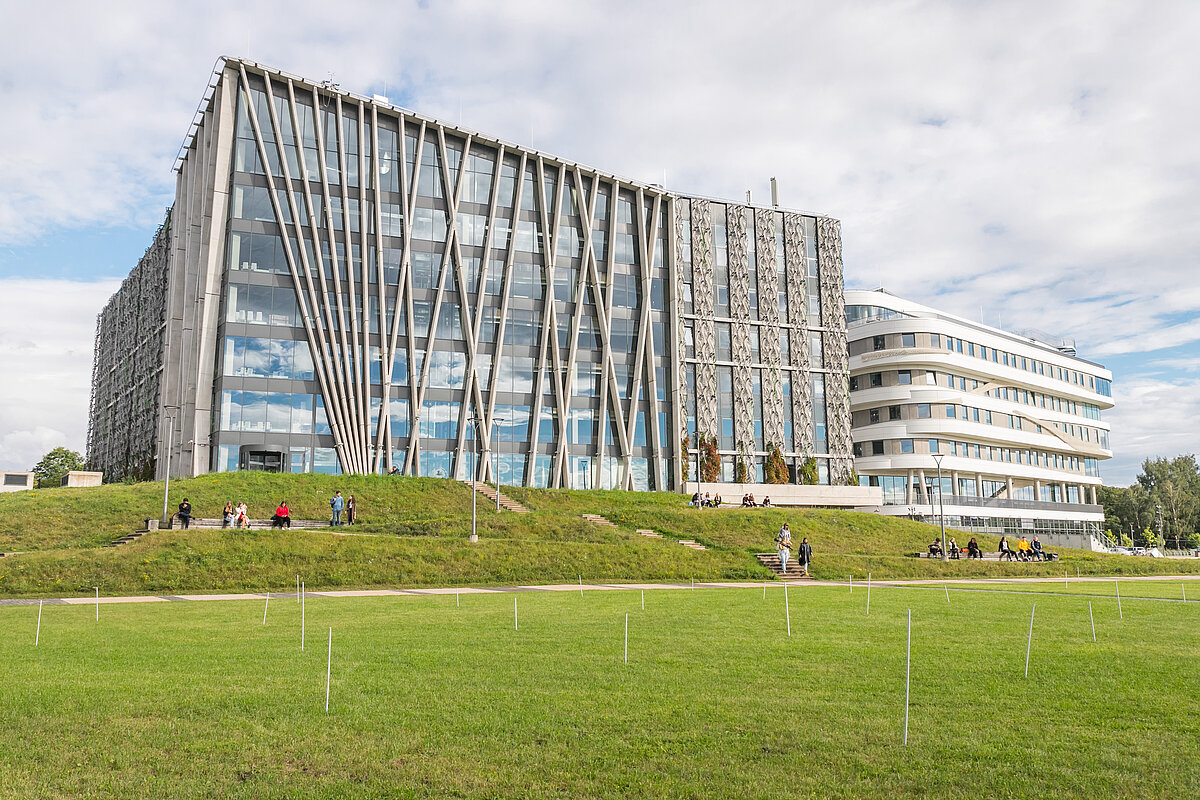
“In the current environment of globalization, technological development and rapidly changing labour market demands, higher education and scientific institutions have become the main driver of the innovation ecosystem of developed countries. Likewise, considering the role of artificial intelligence in education and science, universities have a leading role in strengthening both regulation and good practice. The main principle in the regulation of artificial intelligence is the safe, transparent, traceable and non-discriminatory use of this tool, ensuring that in any situation in which artificial intelligence is used in the preparation of work, it is clearly indicated,” emphasizes UL Rector, Prof. Gundars Bērziņš.
Guidelines for the use of Artificial Intelligence at the University of Latvia are available in the “Studies” section of the UL portal.
UL as a research university is oriented towards an open and innovative study environment that supports technological innovations, their development and responsible use in the study process and research. UL guidelines for the use of AI serve as a guide to familiarizing oneself with these tools and using them honestly and responsibly. Guideline-based professional development of teaching staff in fostering the use of innovative teaching and learning methods in order to promote the ability of the UL teaching staff to master and incorporate new technologies into their daily academic work. Notably, it is important for the university to offer the students the acquisition of new digital skills required in the working environment, using current tools and opportunities, thus ensuring the competitiveness of the UL graduates in the labour market.
The guidelines will assist UL employees and students navigate the opportunities provided by AI, while being aware of the associated risks. They offer a conceptual solution for mitigating these risks and promote understanding of the ethical aspects related to AI tools, as well as the responsible, honest and creative use of AI tools in the study process. The developed guidelines complement the Regulations for Academic Integrity at the University of Latvia and the Academic Ethics Codex of the University of Latvia, and other binding regulations.

 CONFERENCE
CONFERENCE